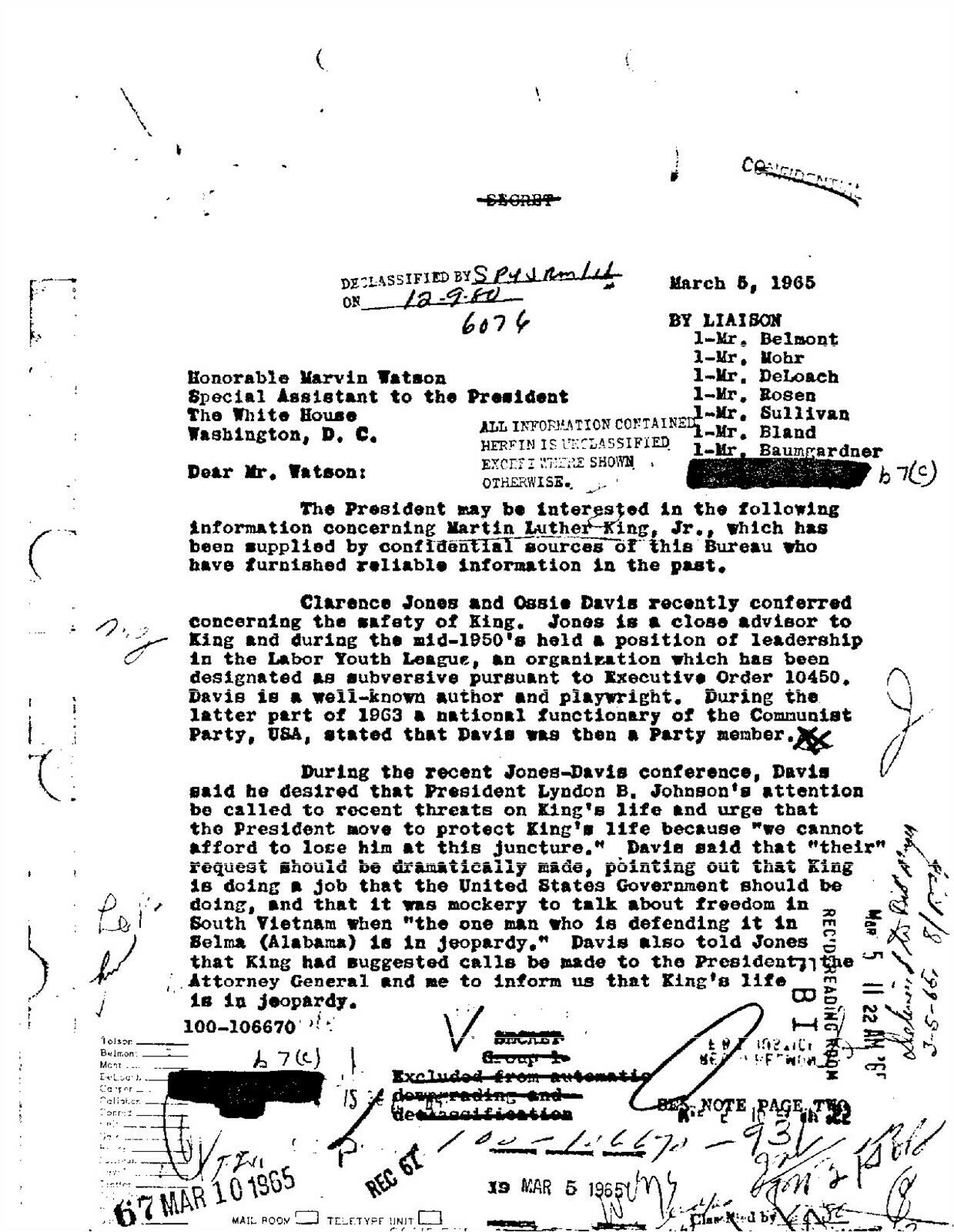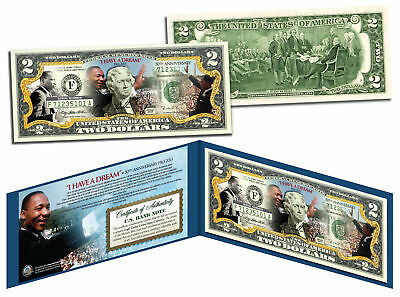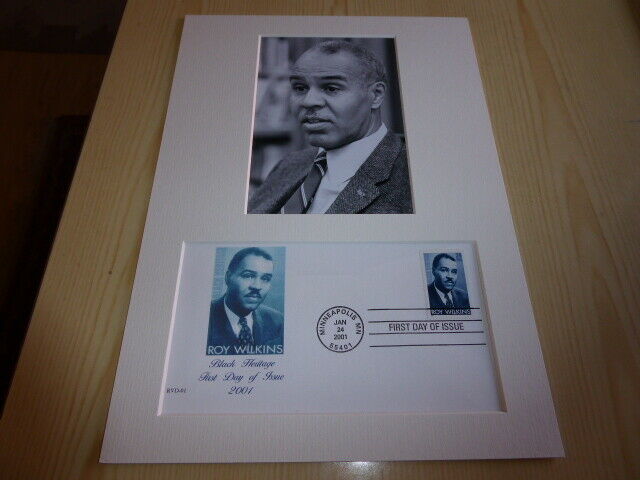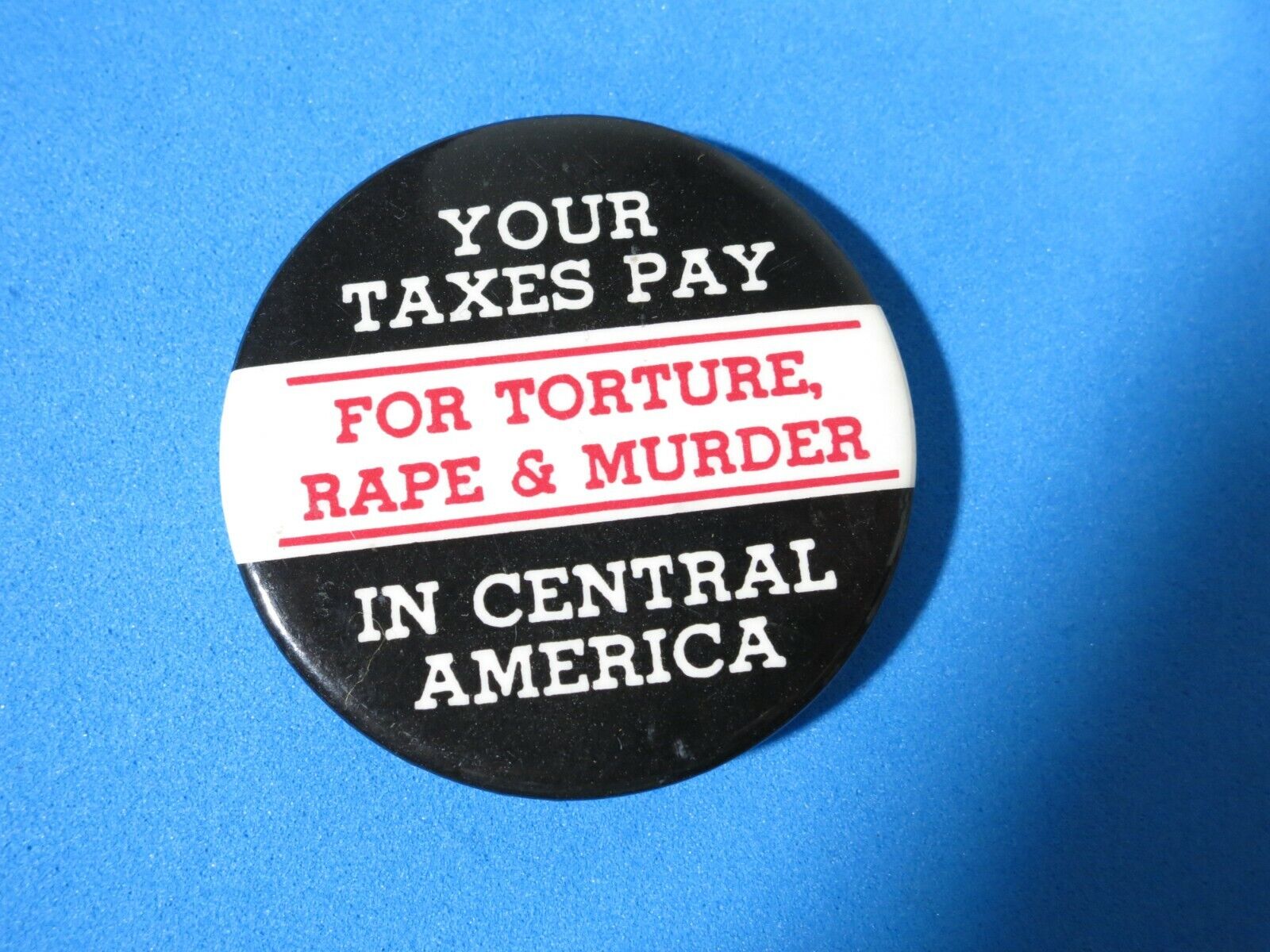-40%
Martin Luther King Jr. FBI Files - Volume 1: FBI Headquarters Main Files
$ 7.89
- Description
- Size Guide
Description
Martin Luther King Jr.FBI Files - Volume 1: FBI Headquarters Main Files
19,000 pages of FBI files covering Martin Luther King Jr. copied from King's Main File maintained by the FBI. The files date from 1962 to 1977, archived on CD-ROM.
The FBI began monitoring Martin Luther King, Jr., in December 1955, during his involvement with the Montgomery bus boycott, and lasted until and beyond his death.
The FBI gathered information about Dr. King's plans and activities through an extensive surveillance program, employing nearly every intelligence-gathering technique at the Bureau's disposal in order to obtain information about the "private activities of Dr. King and his advisors" to use to "completely discredit" them,
so states a February 4, 1964 memorandum from Baumgardner to Sullivan.
These files contain hundreds of substantive documents that have been characterized as an essential source for the study of Dr. King and his role in the civil rights movement.
Part 1
Part 1 contains memos, telegrams, correspondences and reports. The files include details of heavy surveillance that the Justice Department and J. Edgar Hoover's FBI directed against King throughout the 1960's. As a result of the surveillance Attorney General Robert Kennedy and Presidents John Kennedy and Lyndon Johnson were kept informed of Dr. King's strategies and political plans.
An unintentional result of the surveillance is that today's reader of the material is able to follow the development of King's ascent and civil rights activities in a unique way; through the Bureau's historical record of his day-to-day thoughts and endeavors. Thoughts and events that may have not been put on paper by King or his associates have been noted by the FBI.
In the fall of 1963, Attorney General Robert Kennedy expanded the surveillance of King to the use of wiretaps on his office and home telephones.
FBI director J. Edgar Hoover consistently referred to his belief that King was either a communist or a communist stooge. The conflict between the two escalated to personal animosity. FBI director J. Edgar Hoover was personally hostile towards King, believing that the civil rights leader was influenced by Communists. This animosity increased after April 1964, when King called the FBI ‘‘completely ineffectual in resolving the continued mayhem and brutality inflicted upon the Negro in the deep South.’’ At a press conference in November 1964, Hoover said that King was the “most notorious liar in the country. ” Under the FBI’s domestic counterintelligence program (COINTELPRO) King was subjected to various kinds of FBI surveillance that produced alleged evidence of extramarital affairs, though no evidence of Communist membership.
The FBI wiretapped King's own home and office phones.
FBI officials began plotting ways in which they might harm King's public reputation and destroy his political influence. A 1977 federal court order sought to limit the after-effects on the privacy of those involved by removing from the FBI's files all of the "fruits" of the electronic surveillance and by sealing these items in the National Archives until 2027. The remaining documents widely details the FBI's surveillance of King.
Topic in the files include:
Southern Christian Leadership Conference
Infiltration of the Southern Christian Leadership Conference
Hunter Pitts O'Dell (Jack O'Dell)
Stanley Levison
Committee to Aid the Southern Freedom Struggle
Hosea Herman Hudson, Sr
Ghandi Society for Human Rights
Racial Situations Across the Country
Clarence B. Jones
Voter Registration Project
Highlander Folk School
Nation of Islam
James R. Hoffa
Communist Party of the United States of America
Death Threats
Rooney Committee
Hermine Popper
Demonstrations
Lee Calvin White
Malcolm X Little
Watts Riot
Andrew Young
Judge L.E. Warren
Communist Influence
Fay Wells
Attorney General Katzenbach
CORE
American Nazi Party
Voting Discrimination
Protesting U.S. Intervention in Vietnam
March from Selma to Montgomery
Threats Against the President
Boycott of Alabama
KKK
Committee for a Sane Nuclear Policy
Position on the War in Vietnam
Senator Strom Thurmond, R-S.C.
Blackmail by Public Disturbance
C.T. Vivian
Elijah Muhammad
European Trip
White House Meeting—"To Fulfill These Rights"
Chicago Freedom Movement (CFM)
Alleged Million Bank Account
The Citizen's Report
"Trusteeship of Slum Building."
Chicago School Boycott
"Freedom Day" Rally
James Meredith
"March to Jackson"
Stokely Carmichael
"Civilian Resistance Command"
Meeting with Jimmy Hoffa
"The Nation Institute."
Coordinating Council for Black Power
Dr. Benjamin Spock
"Washington Spring Project"
Democratic Convention
Freedomways Associates, Inc
Clergy and Laymen Concerned about Vietnam
American Mau Mau
Washington Spring Project
Assassination of Martin Luther King
Reactions
Funeral
Coretta King
Hoover and the "Liar" Incident
Approval of Wiretaps
Student Nonviolent Coordinating Committee
Cassius M. Clay (Mohamed Ali)
Martin Luther King Holiday Committees
Marches Commemorating Birthday
Anniversary of King's Death
Black Panther Party
Post-Mortem Slander
"Black United Front"
Allegations Made by a Former Special Agent
The Washington Post
Hoover's Personal Files
FOIA Requests
Senate Select Committee on Assassinations
Reviews of Indices and Files
Department of Justice Task Force (DJ-Task Force)
Departmental Review
Part 2
"June Mail" Folders
"June Mail" was a general FBI term for electronic surveillance. These files contain technical and administrative content regarding electronic surveillance.
Part 3
The third part contains newspaper clippings, wire service stories, and other public source materials concerning King that FBI headquarters officials collected, and sometimes annotated, over the course of their investigation
CD-ROM works with Windows or MAC




















